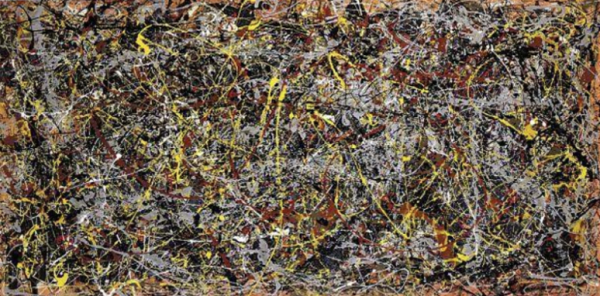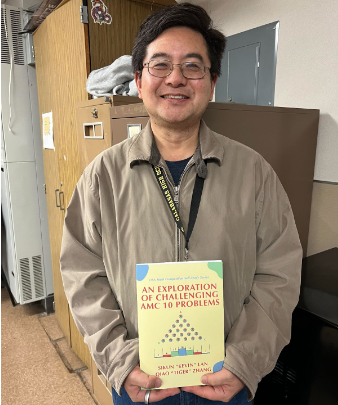Select colleges are now allowing videos instead of transcripts
According to Goucher College in Baltimore, Md., grades and SAT scores are not the most important factors when an applicant is being considered for admission. This college has allowed applicants to choose to not send in a formal transcript; instead, they may send in a two-minute video answering the question: “How do you see yourself at Goucher?” Another college that has a similar application process is Tufts University in Medford, Mass. Tufts also allows video applications; applicants may produce and submit their own YouTube video that expresses something about themselves.
“For most Americans, applying to college is a giant mystery,” said Goucher President José Bowen to The Washington Post. “I’m convinced we are leaving talent on the table in this country because the process is so complicated and stressful. I want to level the playing field”.
Colleges realize students have more to offer than grades. Some may have capabilities or extracurricular passions that hold a bigger significance in their lives than scores earned in school. Goucher designed this process in order to help those who might have trouble applying the standard way, with a transcript and an essay. Bowen hopes that this new method will help Goucher connect with students who do not feel as if they are so-called college material. Bowen also believes that students are frequently judged unfairly if their test scores and grades are not perfect, and he believes that these factors do not forecast how well the students will thrive in life.
“I think the video is a great idea,” said English I Honors and English IV AP teacher Diane McEvoy. “However, I think it should be used as a supplement instead of taking place of the transcript.”
Students will submit their short video to the Liberal Arts College, and the admissions officers will evaluate the students based on the content, thoughtfulness, structure, organization, clarity and effectiveness of their video. Admissions will also request a concise application form, a signed affirmation of academic integrity and two assignments with at least one of the assignments graded from high school.
“I feel like the video decreases integrity and the organizational aspect of the application process,” said junior Lily Ardalan. “The purpose of a written résumé is so you can show your skills in providing an organized and clear submission to be compared side-by-side with other applicants.”
This additional process is only the first of many changes Bowen hopes to pursue. He plans to accommodate a more diverse applicant pool with low-income and first-generation students. Many students who applied to Goucher and Tufts sent in different types of videos ranging from speaking about their aspirations to taking on a more creative aspect by incorporating life metaphors and personal ideas.
Goucher and Tufts still accept standard applications that include a transcript and an essay. This may lead to new college and university opportunities in the future and is perhaps the start of a new generation of academic applications.
Your donation will support the student journalists of Calabasas High School. Your contribution will allow us to purchase equipment and cover our annual website hosting costs.
















